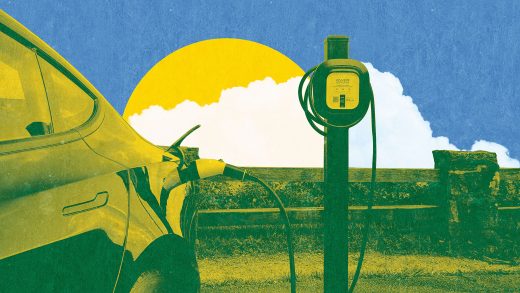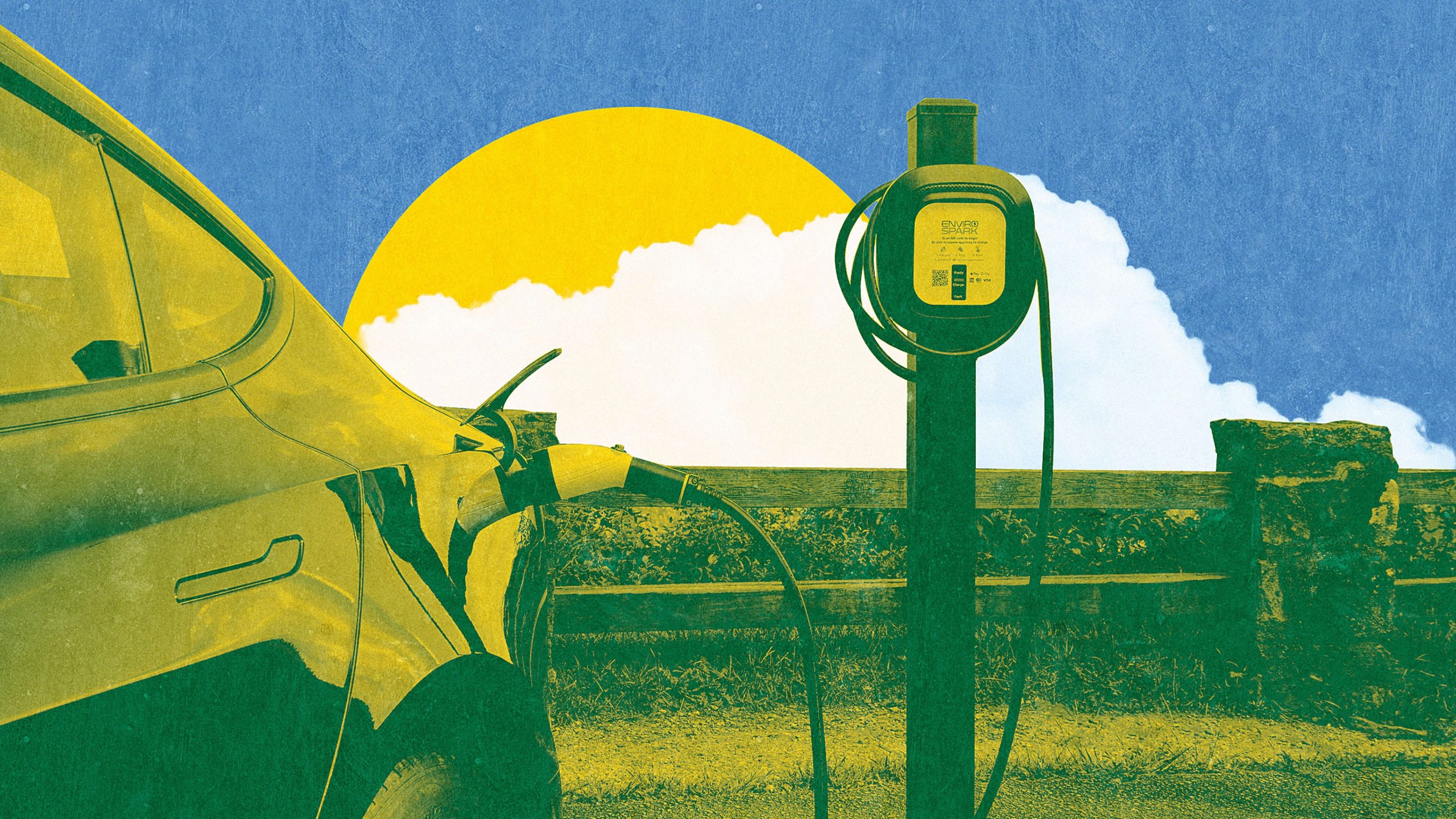Tesla axed its EV charging team. Now this Atlanta startup is hiring them
Tesla axed its EV charging team. Now this Atlanta startup is hiring them
EnviroSpark started recruiting as soon as the Supercharger team dissolved.
BY Adele Peters
Hours after former Tesla employees started sharing the news that Elon Musk had laid off the company’s Supercharger team, a smaller EV charging company started to reach out to them.
EnviroSpark, an Atlanta-based outfit that has built thousands of charging stations for Tesla and other customers—along with a smaller charging network of its own—was urgently looking for new employees. Only a day earlier, says CEO Aaron Luque, “We’d just closed the largest fundraise in our company’s history—$50 million. We had this aggressive growth strategy with a lot of headcount additions. It was a little daunting thinking about it.”
Suddenly, as Tesla slashed jobs, EnviroSpark had an opportunity to hire some of the best people in the industry.
Luque emailed and called friends at Tesla with whom he’d worked closely. “I was like, ‘Hey, I’m seeing some stuff, are you guys alright?’ It just kind of kept getting worse,” he says. “It was like everybody that I had ever worked with or watched grow with Tesla over the years was no longer there. These guys lived and breathed EV charging. They were planning on being at Tesla until they retired. And then they were suddenly displaced.”
Luque is a longtime Tesla fan. He cofounded his business a decade ago after teaching himself how to install EV charging stations and going to a local Tesla dealership to offer his services at customers’ homes. (Previously, he founded a company that recycles semiconductors.) Eventually, Luque’s business helped Tesla roll out some of its first Supercharger stations, becoming the automaker’s largest installation partner as the Supercharger network expanded. EnviroSpark is currently working on 26 active projects for Tesla. Luque wants Tesla to succeed. But he simultaneously jumped into action.
In a LinkedIn post, his cofounder, Stephanie Luque (who is also his wife), invited any former Tesla employees to apply—and they did. “We’re up to something like 150 applications through that post,” Luque says.
The company has hired around a dozen former Tesla workers so far. That includes people on the development team, who search for new sites for EV charging stations. Others have joined the deployment team to work on construction, or teams working on design or government contracting.
As the company continues to work with partners like Tesla, it will also be growing its own charging network. EnviroSpark looks for opportunities to fill in gaps—instead of building fast chargers, like Tesla, its own network is focused on building slower “Level 2” chargers in underserved locations like apartment parking garages, where adding chargers could make the difference for renters deciding whether to buy an electric car. Millions of new chargers are needed to help meet demand as more electric vehicles hit roads.
Typically, the work that the company does would require a lot of training, but former Tesla employees can easily hit the ground running. “All of the things that they would have to do, they already have that experience and they already have those relationships,” Luque says.
After Musk fired nearly everyone on the Supercharger team, he backtracked and tried to hire some people back. This isn’t an unusual pattern for him: In the past, he announced that Tesla planned to close most of its stores without warning the sales team, but then changed his mind. After massive layoffs at Twitter, he also asked some employees to come back. Unsurprisingly, some Supercharger employees may not want to return. (The former Tesla employees who joined EnviroSpark declined to comment.)
Luque plans to keep hiring, and EnviroSpark may accelerate its growth because of the unique situation. “I truly believe this is somewhat of a once-in-a-lifetime opportunity for us to meet some of the needs that we were going to have to do over time,” he says. “So we’re actively considering bringing forward some of those roles that we were planning to hire next year or the following year. The opportunity to bring on people who are pre-vetted, who we already have a relationship with, who are a great cultural fit and have the experience and knowledge required for those roles—we would hate to pass that up.”
ABOUT THE AUTHOR
Fast Company
(16)



